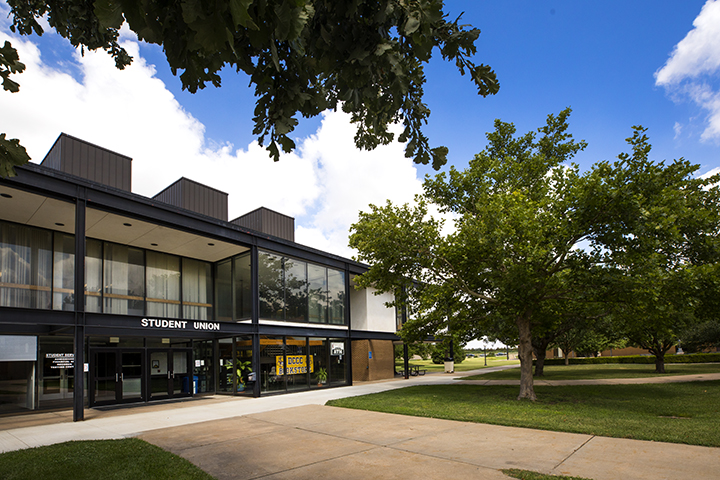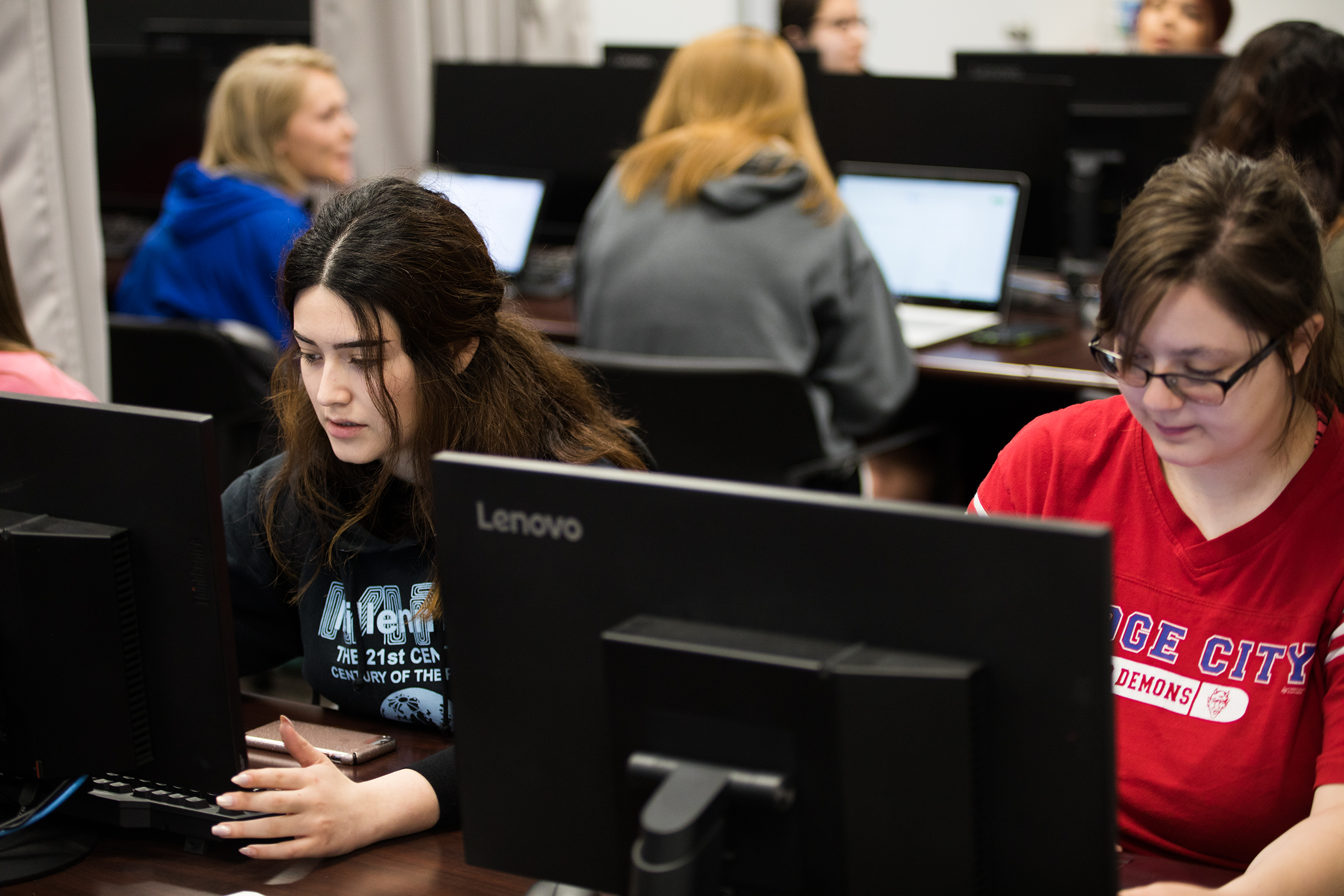DC3 Moves Forward with Academic Plan
Published May 19, 2020
Contrary to reports, Dodge City Community College (DC3) has no plans to close or eliminate programs, which were affected by faculty nonrenewal decisions announced at the DC3 Board of Trustee meeting on Monday, May 11. In fact, these decisions were part of the college’s long-range strategic plan, which seeks to address student recruitment and retention, course offerings, programs, services and community needs.
“DC3 is not closing or eliminating programs,” Dr. Jane Holwerda, DC3 Vice President of Academic Affairs, said. “The Board did approve resolutions to not renew contracts for 10 faculty, of which four have due process rights. Four of the 10 are technical faculty, and three of them have not complied with qualification and credentialing policy.”
In addition to compliance issues, Holwerda said the college also considered a number of other factors regarding the nonrenewals, which included employment trends, enrollment patterns, and teaching methodologies.
“Decisions concerning nonrenewals of instructional contracts are never easy,” she said. “But, we are taking necessary steps to ensure that we are following the direction laid out in our strategic plan.”
Holwerda said DC3 will be working to fill these instructional positions throughout the summer. And at the same time, she said the college will be looking at curriculums and programs to see how they can be retooled. “We want programs to be interesting and relevant to our students, so the students will be better prepared for their futures, whether that’s immediate employment or further study,” she said.

“We’re a community college, and we’re open admissions,” Holwerda said. “We have students at every preparation level and skill and motivation. And we need faculty who are able and willing to meet students where they are and then bring them along in this educational journey.
“We have students who need direction on how to study in these difficult content areas,” she said. “It’s not helpful to say to a student, ‘You need to study more.’ They need to be shown how to study in that particular area. We need them to develop those learning skills, because being able to learn is what they need in order to succeed in anything.”
Holwerda said the college is looking for “capable, interested and excited faculty” who want to integrate active learning strategies into their classrooms, such as small-group activities, table-top discussions, and formative assessment.
“We need faculty who have technical and digital skills, because they will be modeling for students those behaviors and those levels of expertise,” she said. “Basically, we’re looking for people who are positive about innovation and about technology.”
Holwerda said she has been very proud and impressed with the way DC3 faculty have answered the challenges of transitioning from face-to-face to online classes in the midst of the current coronavirus pandemic.
“I commend all of them,” she said. “They responded to the need to make the shift very quickly, and they went above and beyond to reach out to students. These are the types of educators we want here at DC3.”
As the college moves toward the fall semester, Holwerda said there are lots of unknowns regarding class schedules, classroom setups and class delivery modes. However, partnerships with EDUKAN and online Canvas training for faculty are helping to sort things out, she said.
“Canvas is our online delivery platform,” Holwerda said. “Through the online training, faculty are getting the opportunity to experience being in a Canvas course as students, and they are also thinking about how they can better use it in their own classes.” Feedback from the more than 30 academic faculty who are participating in the training has been favorable, she said.
“I’m calling a group together this week, so that faculty and sectional administrators can share about how we will respond as we shift back to face-to-face,” she said. “We will also discuss, how do we set up our rooms for social distancing? How will we do labs?”

Regarding social-distancing protocols, Holwerda said the group will discuss possibilities such as offering additional sections of classes or trying hybrid, or blended, schedules, which would feature face-to-face and online aspects. “Some faculty have already been back on campus reconfiguring their classrooms and labs,” she said.
“I’m excited to hear what people are thinking about,” she said. “What does the first day look like? Do we need different furniture in the classrooms? Do we have the technology that we need?”
At the moment, Holwerda said the plan for fall classes is to proceed as scheduled. So, if classes are currently listed as online or face-to-face, that is how the faculty should be preparing at this point. However, as always, instructors should be prepared to pivot, if things change unexpectedly, she said.
With various upgrades to campus technology during the past few years, and the unforeseen changes necessitated lately due to the continuing pandemic, there are now more tools in the educational toolbox for instructors to use, Holwerda said.
“We’ve invested into a grant for AVer panels, which are interactive,” Holwerda said, regarding the flat-panel televisions installed around campus. “And we now have these Zoom licenses, and we’re getting people to go through Canvas training. Now, let’s use this stuff!”
By Lance Ziesch